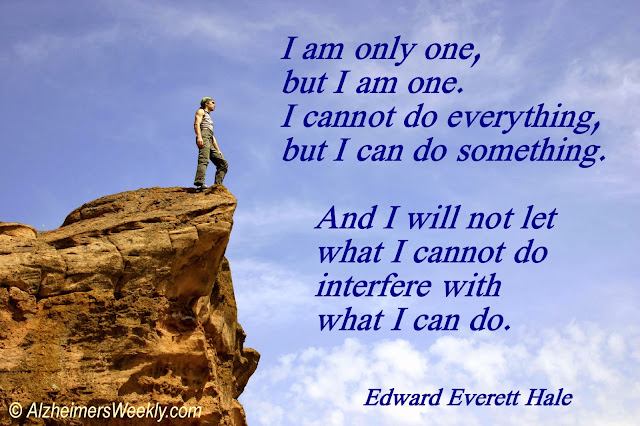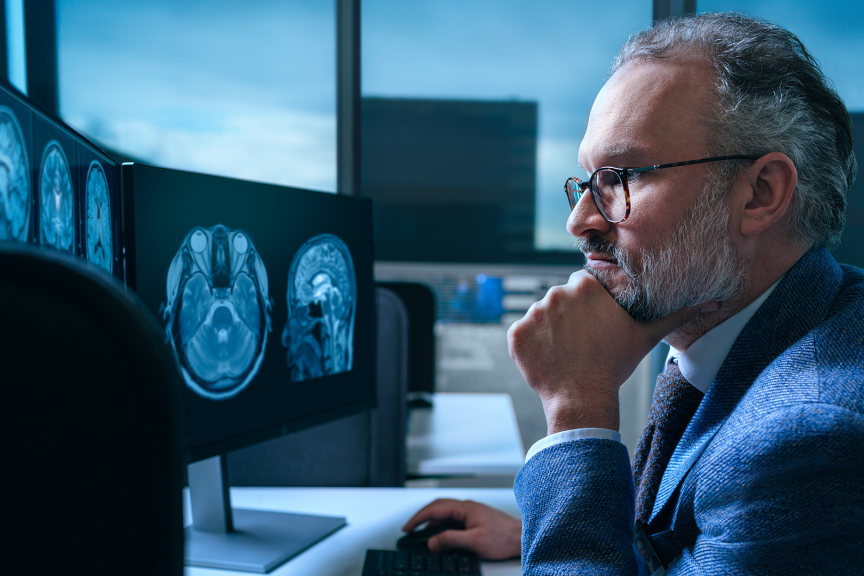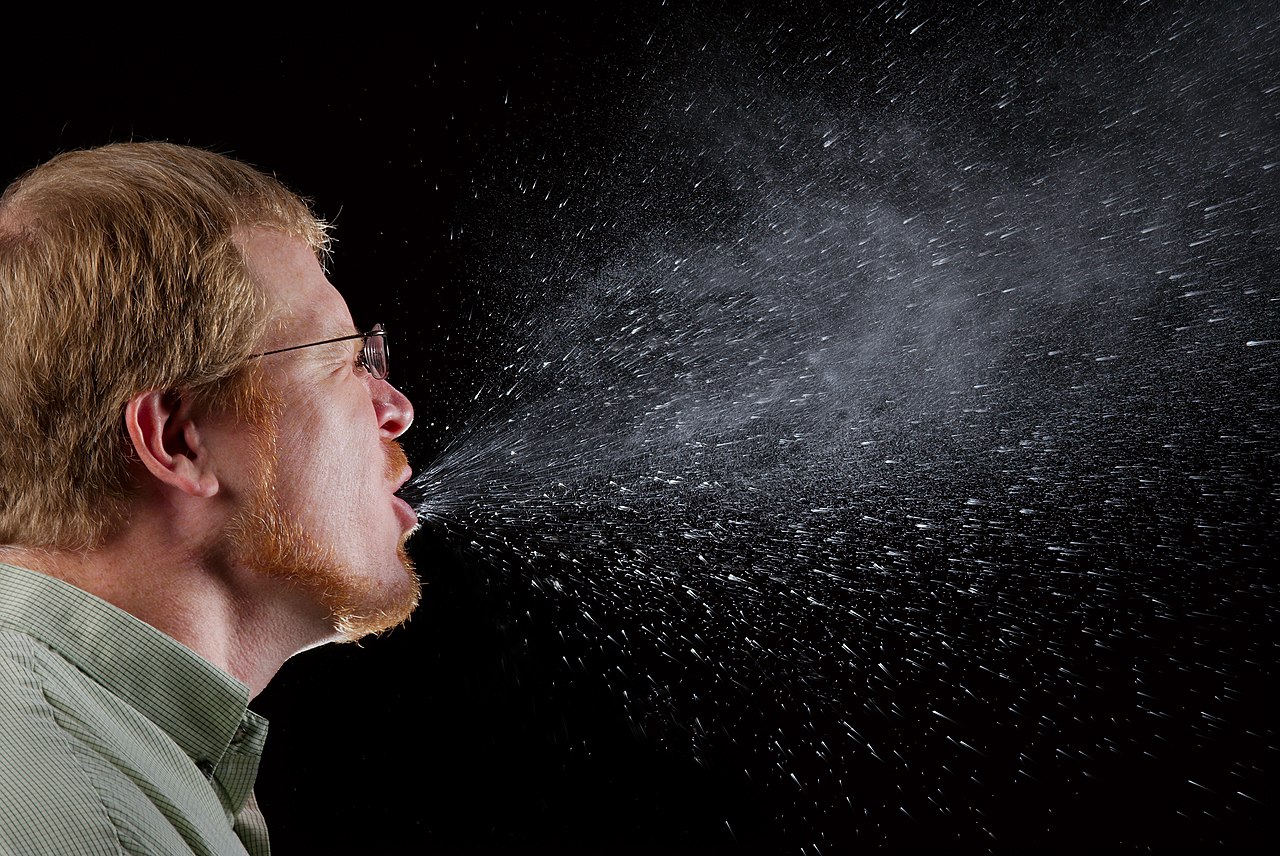
6 Activities to Delay Dementia by 5 Years
Learn the latest research at Rush University on dementia-preventing activities that keep your brain refreshingly healthy.

Learn the latest research at Rush University on dementia-preventing activities that keep your brain refreshingly healthy.

Ambien (Zolpidem), a sleeping pill, was studied to see its effects on the brain. Learn to think twice before reaching for a sleeping pill – while you can still think clearly.

Newer blood tests accurately predict Alzheimer’s. This opens the door to earlier detection and treatment. Be cautious: only taking these tests with guidance from a medical expert.

Learn about 2025’s newly approved or potential Alzheimer’s drugs. These include Leqembi, Kisunla, Remternetug, Semaglutide, Trontinemab and Bepranemab.

Leqembi and Kisunla are the new Alzheimer’s immunotherapies. A loss of brain volume associated with these immunotherapies may be caused by the removal of amyloid plaques, rather than the loss of neurons or brain tissue. A new study sheds light on what’s going on.

A trio of key studies identified predictors of dementia risk, the benefits of detecting cognitive impairment early and identified barriers to routine cognitive screening in older adults, such as cost. See their recommendations.

How much protection can frequent spatial processing tasks offer against Alzheimer’s? Researchers in The British Medical Journal investigate.

A new study shows ultrasound improves memory even when amyloid plaque levels don’t improve. (Amyloid is the culprit behind Alzheimer’s.) Could ultrasound be the missing piece in the Alzheimer’s puzzle?

Ketones are a backup source of energy for neurons. Now, exciting research reveals bigger news: Ketone esters help clear misfolded proteins in animal models of aging and Alzheimer’s.

Europe originally said Lecanemab (Brand-name Leqembi) was too risky to approve. Now they are recommending marketing it. Why the change of heart?

I am only one,But I am one.I cannot do everything,But I can do something. And I will not letWhat I cannot doInterfere withWhat I can

Diagnosing the right dementia type often takes months. It can make a big difference. Mayo Clinic’s AI tool identifies 9 dementia types, including Alzheimer’s, with one scan — a transformative advance in early, accurate diagnosis.

INCLUDES PRINTABLE CAREGIVER RESOURCE: Can an old song brighten the day of people with dementias such as Alzheimer’s? Can a childhood memory help bring back clarity and connection? An uplifting study offers useful answers.

Three important dementia studies focus on HS-AGING, a type of dementia almost as common as Alzheimer’s in the 85+ group. Yet few people have heard of it. Why? What makes it different?

An intriguing study of 120 grandmothers might surprise you. Doctors know socially engaged people have better cognition and less dementia. But can a person get too much of a good thing? What’s the right balance?

Enjoy this great duet between a musician with dementia and his son. A triumph of spirit over Alzheimer’s! Sing-a-long if you like!

It looks like a sneeze cannot give anyone Alzheimer’s. While Alzheimer’s abnormal disease proteins do spread from cell-to-cell, they are not “infectious”. Check out the facts.
No spam, only news and updates.